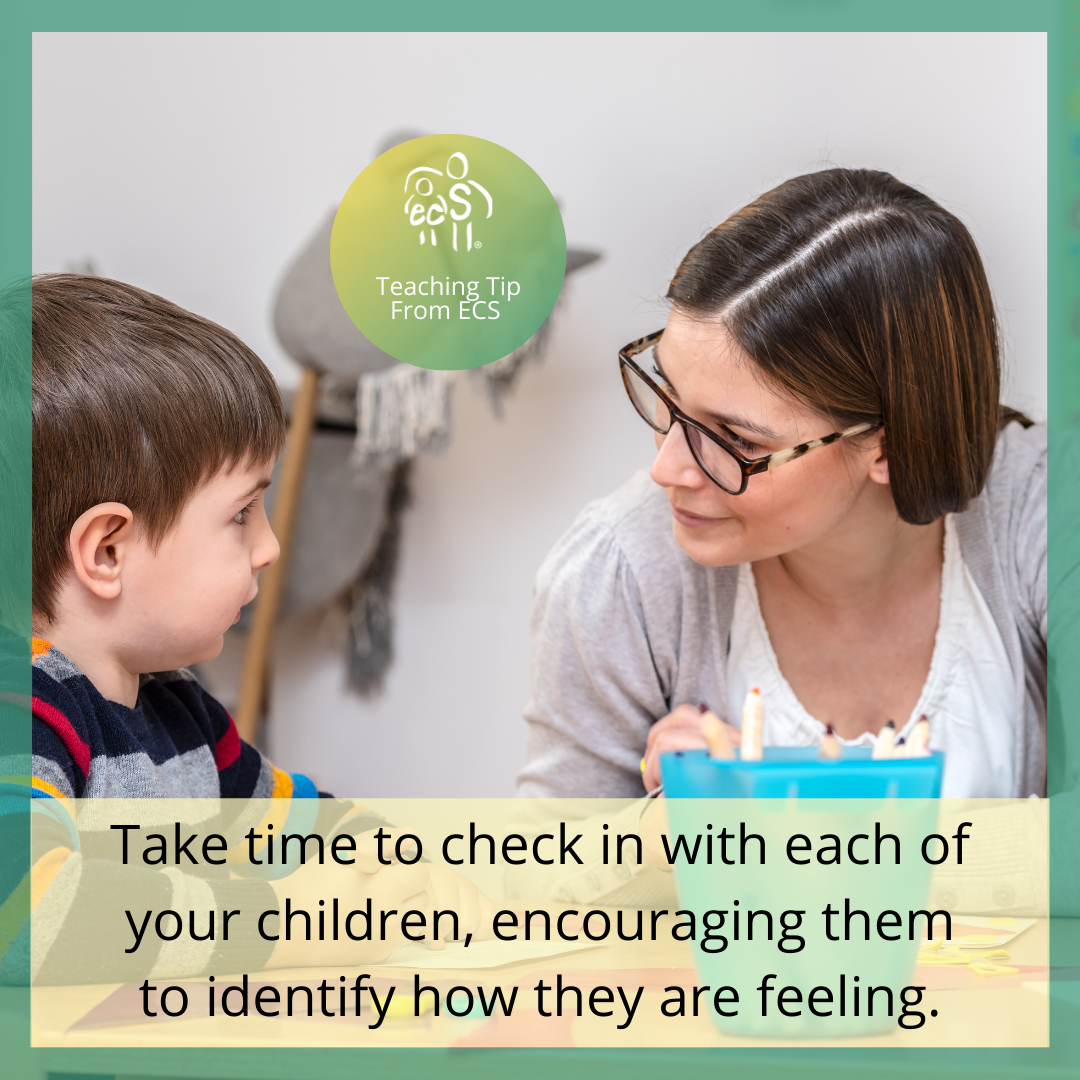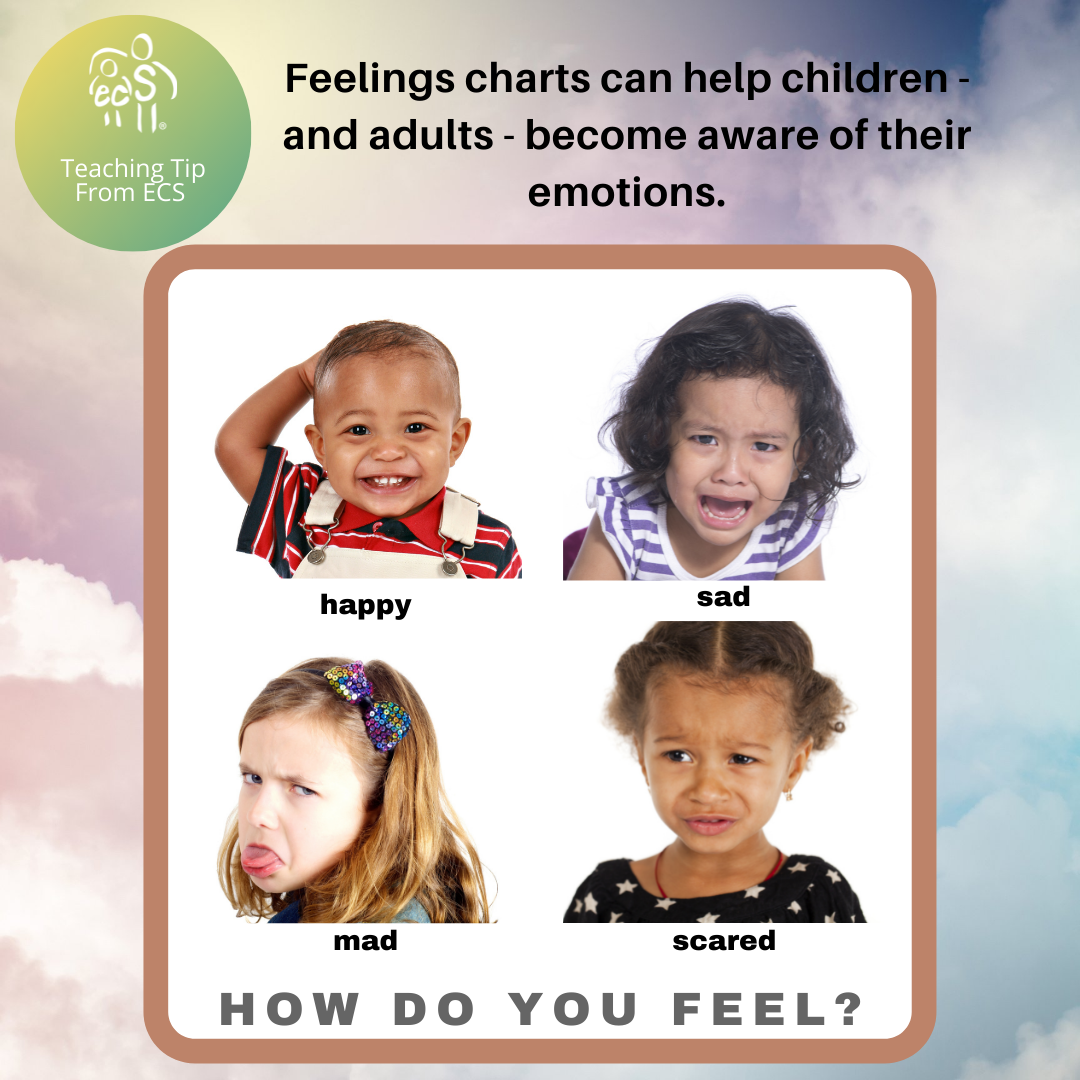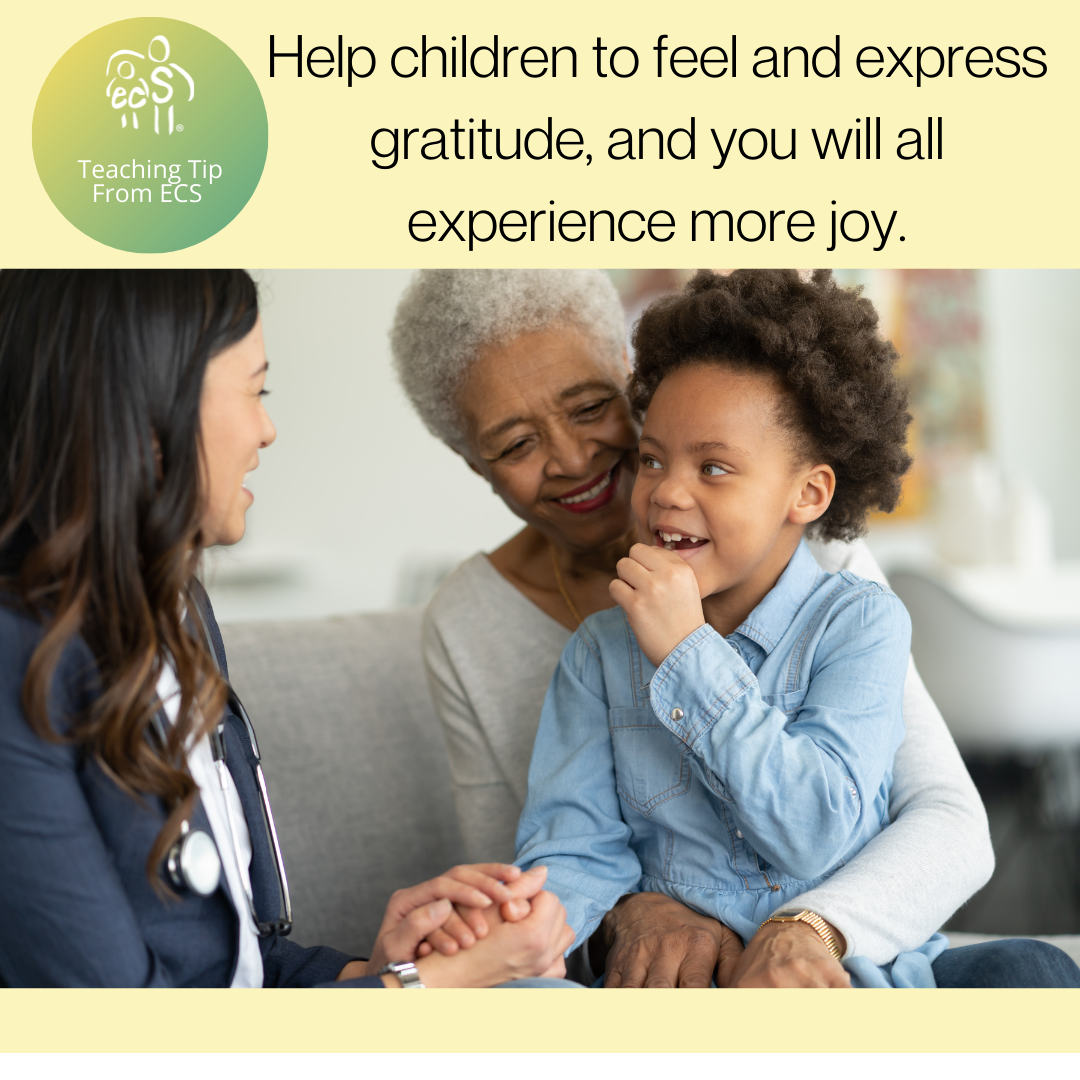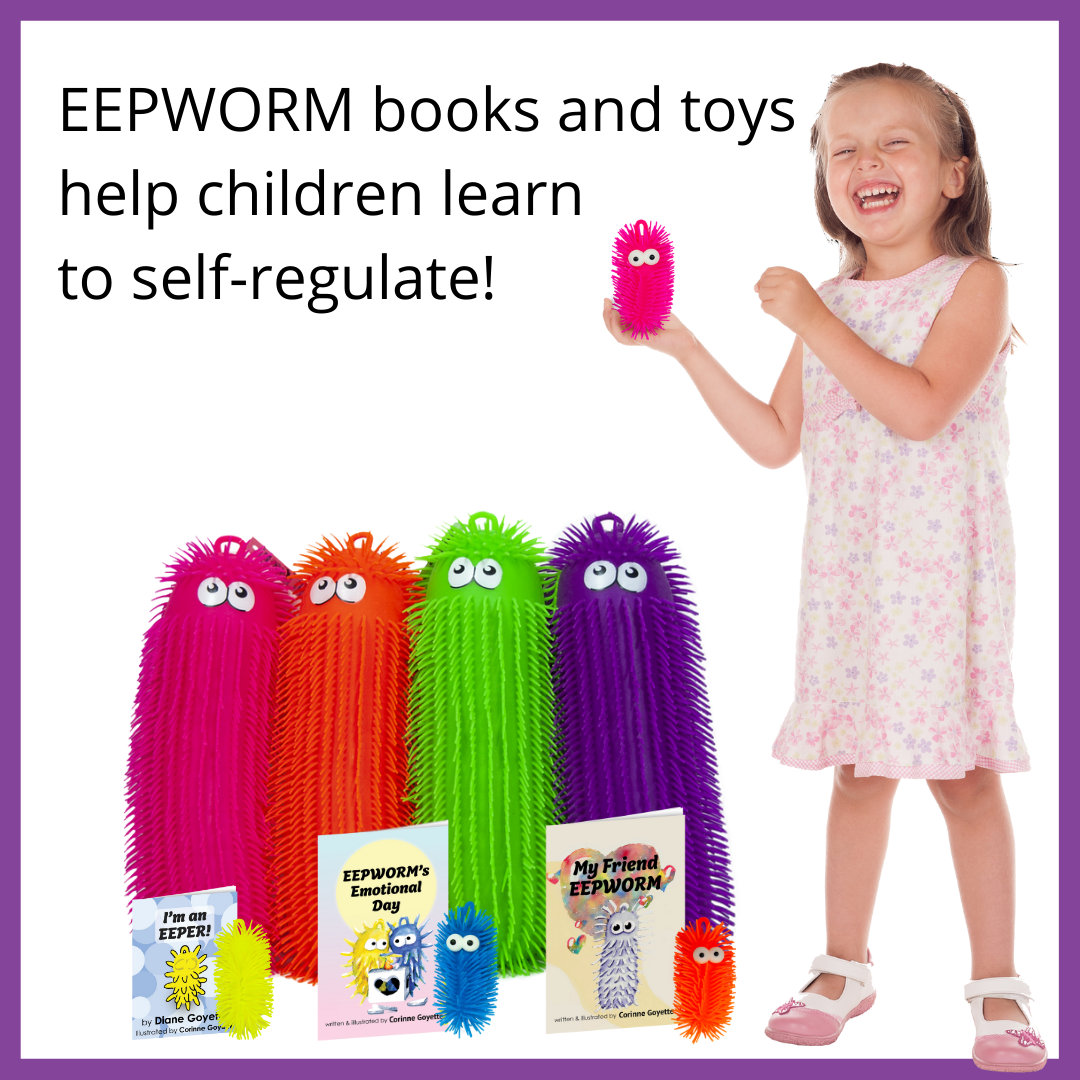|
Written with Kristen K. Carroll What is Social Emotional Learning? According to Committee for Children, "Social-emotional learning (SEL) is the process of developing the self-awareness, self-control, and interpersonal skills that are vital for school, work, and life success." www.cfchildren.org/what-is-social-emotional-learning/ To celebrate SEL Day, we're sharing five ideas for promoting SEL in your classroom, program, school, or home:
4. Provide practice of problem-solving. Problem solving skills take a lot of practice and can be learned through opportunities for peer conflict resolution. Encouraging children to attempt to figure out how to solve a problem on their own promotes independence and self-confidence. Practice can also come from discussing scenarios and providing feedback on various solutions. When children learn to have healthy discussions and use active listening, they develop respect for others' opinions, even when they disagree. In my preschool classroom, I taught children a simple method of problem-solving. I coached them through the process, and eventually they could solve problems themselves!
0 Comments
|
AuthorI'm Diane Goyette, a Child Development Specialist, Trainer, Consultant and Keynote Speaker. I'm excited to share my blog! Archives
August 2023
Categories
All
|
|
Ways to Contact Us:
Schedule an Appointment |
|
Follow earlychildhoodspecialties for encouragement, teaching tips and more!
|
Follow eepworm for child-friendly posts!
|
© 2013-2024 Early Childhood Specialties LLC. All rights reserved.






 RSS Feed
RSS Feed